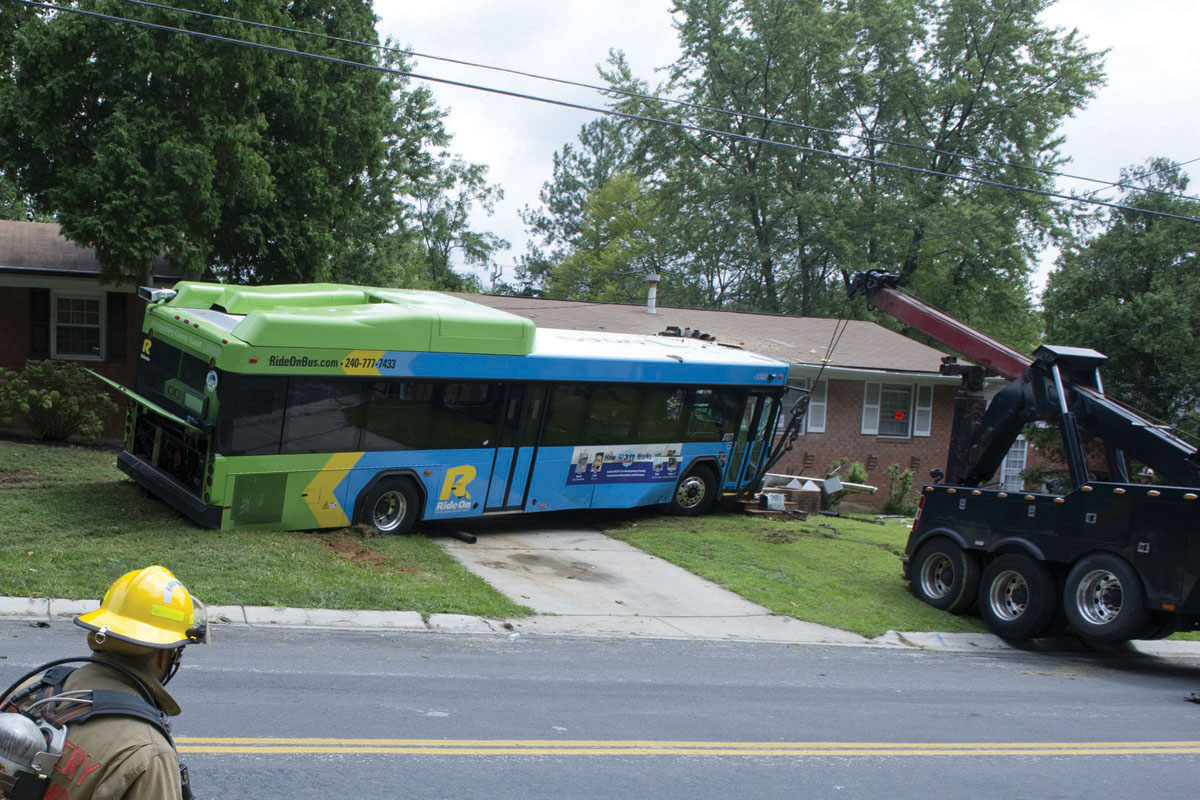
Freud theorized that dreams represent unacceptable wishes that the mind can only express in disguised form. The activation-synthesis model proposes that dreams are produced when the mind attempts to make sense of random neural activity that occurs during sleep. Suppose a man is expecting a visit from his mother-in-law; the night before her arrival, he dreams that a bus is driven through the living room window of his house. How might Freud have interpreted such a dream? How might the activation-synthesis model interpret such a dream?
BARBARA L. SALISBURY/THE WASHINGTON TIMES/LANDOV
[Leave] [Close]